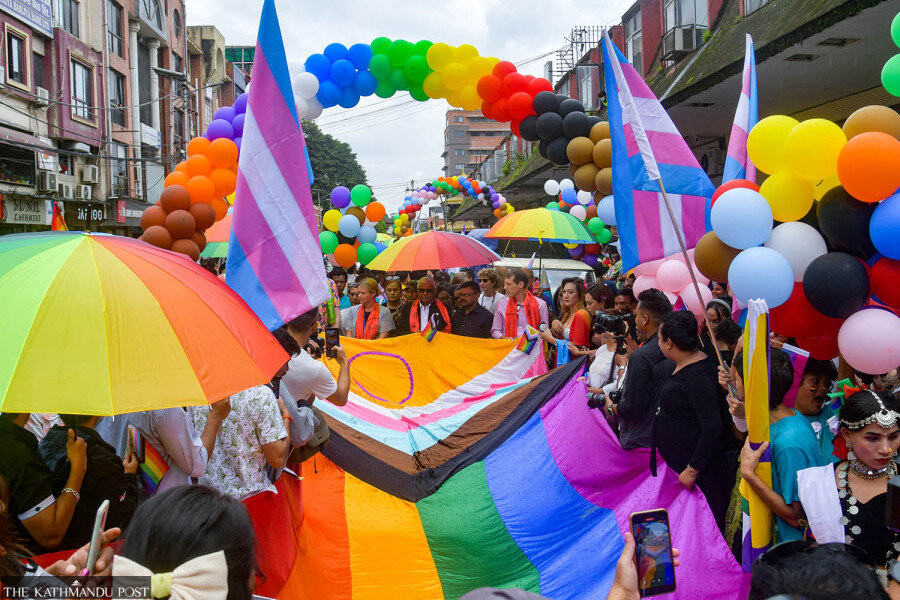Editorial
Ignorance no excuse
The prime minister cannot be in the dark on a vital issue like queer rights.
He never lets slip a chance to pontificate on religion, culture, nationalism and whatnot. During the Covid-19 pandemic, he advised dubious home remedies such as besar paani (turmeric water) and suggested sneezing would blow out the dreaded virus from the body. He has his own take on gaidas (rhinos) being unique to Nepal, Ayodhya being in Thori, Parsa, and yoga originating in Nepal. Yet, in a National Youth Conclave last month, he for once expressed his ignorance of something: the LGBTQIA+ community. His statement in a video which went viral—“I don’t know much about the issue”—when asked how his government would support the community, comes as a setback for the progressive image the country has cultivated in the process of ensuring the rights of LGBTQIA+ individuals. To say “I don’t know” is human, but certainly not for KP Sharma Oli, Nepal’s Prime Minister, and not on such a vital issue.
Nepal gained international accolades for registering the first same-sex marriage last year. It has taken a step forward with the concept of “inclusive tourism”, which aims to ensure a safe destination for the LGBTQIA+ community. The country’s constitution and policies for the queer community and minorities are regarded as the most inclusive in South Asia. Despite this, queer people continue to struggle to find their place in a society that values the male-female binary. Queer rights activists admit that even though there has been some legal progress, much remains to be done, for instance in relation to the community’s citizenship rights. Even with progressive laws, identifying someone as an LGBTQIA+ individual isn’t easy because of the inherent bias against them. This is partly because political leaders with people’s mandate don’t heed them or discuss their issues.
Such a display of bias and ignorance from the government head signals a broader problem of political disengagement from minority concerns. The low standing of female politicians in the eyes of their better-ranking male counterparts keeps women from participating in vital decision-making. Oli’s chauvinistic mindset displayed in his recent prejudiced remarks against Sumana Shrestha’s leadership and her political legitimacy is also manifest in the shape of his cabinet that has only two women. Nor does Oli’s cabinet have a single Dalit. The inclusion of queer community in Nepali decision-making organs is a still more distant dream.
Political rhetoric has real consequences. As a recent Post report highlights, after Oli’s statement, many queer community members have faced bullying from friends and families alike. For real progress to happen, Nepal’s leaders must make more of an effort to understand the issues and concerns of people from all communities and walks of life. As vital is sensitising both leaders and the public, who often applaud such harmful remarks.
As Oli himself admitted after the expression of his ignorance of the queer community, every individual, regardless of gender, should get equal rights. These rights should include the right to live your life the way you want to, and for that way of life to be recognised by the state and society you call home. It is also incumbent on our leaders to better familiarise themselves with LGBTQIA+ policies so that they are not out of step with their younger and more progressive electorate and with the rest of the world.




 10.12°C Kathmandu
10.12°C Kathmandu













